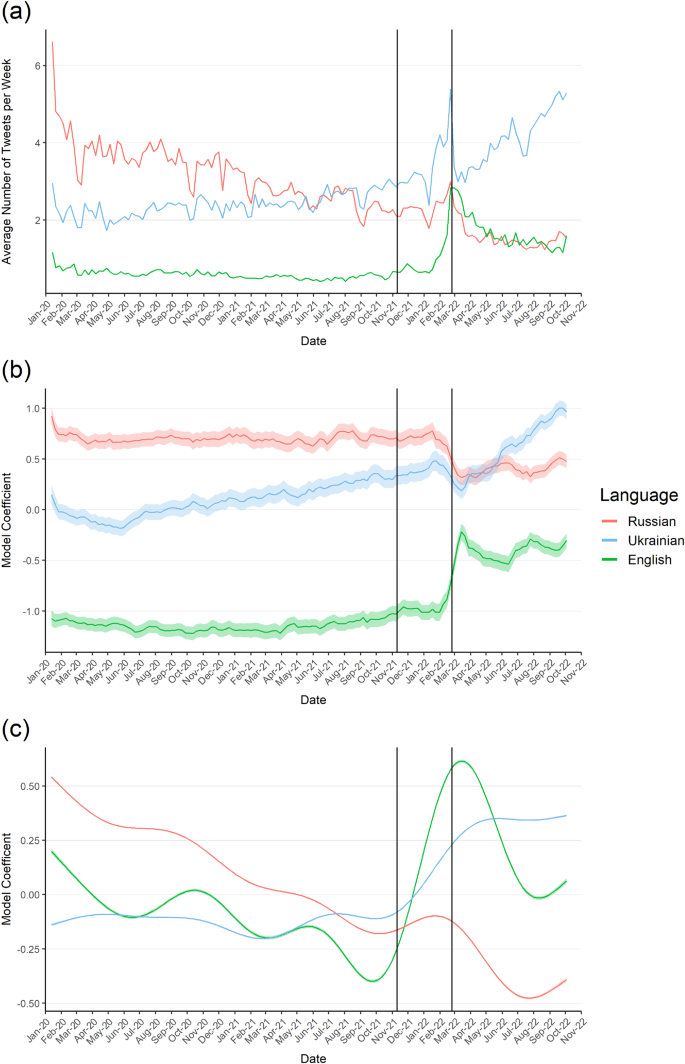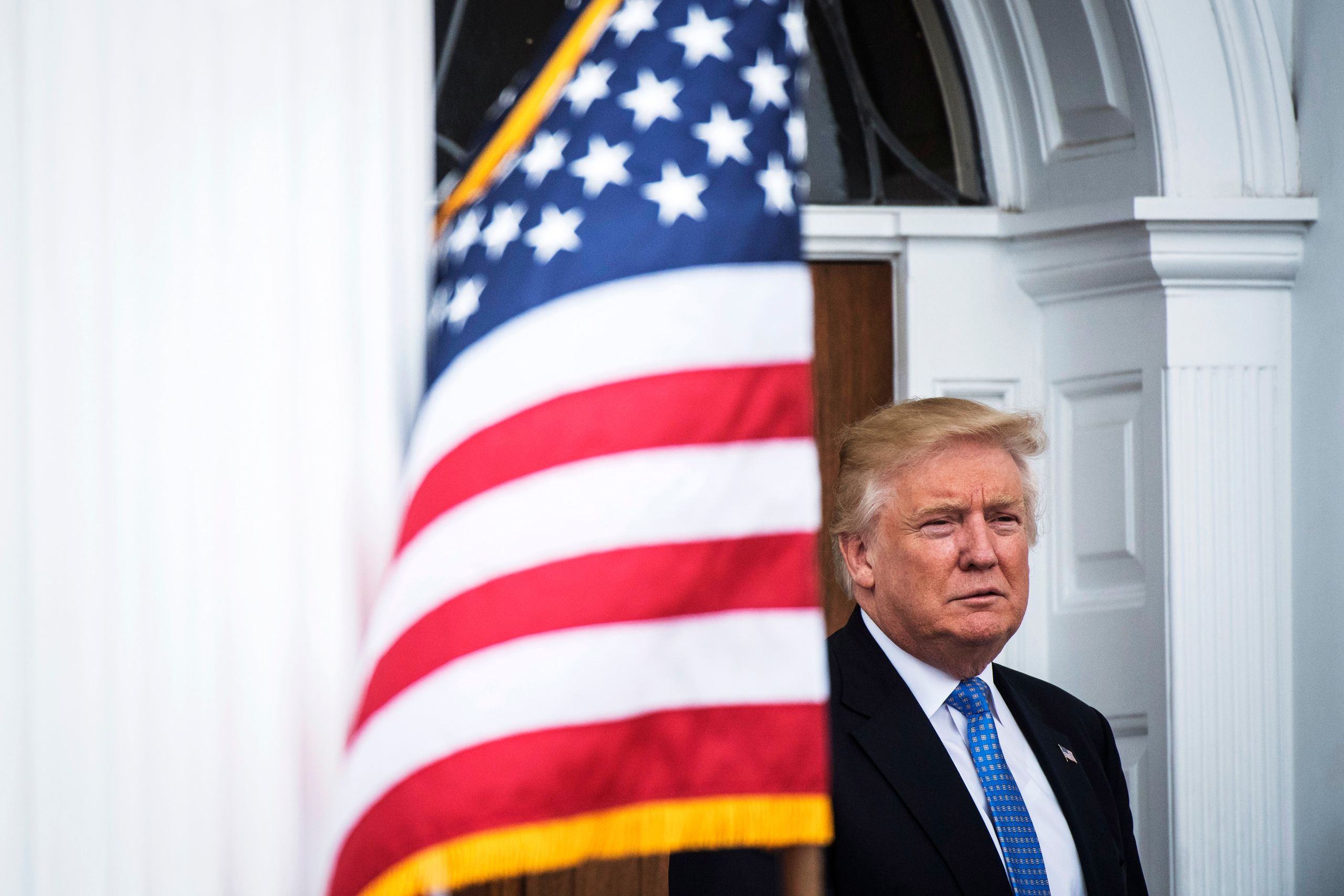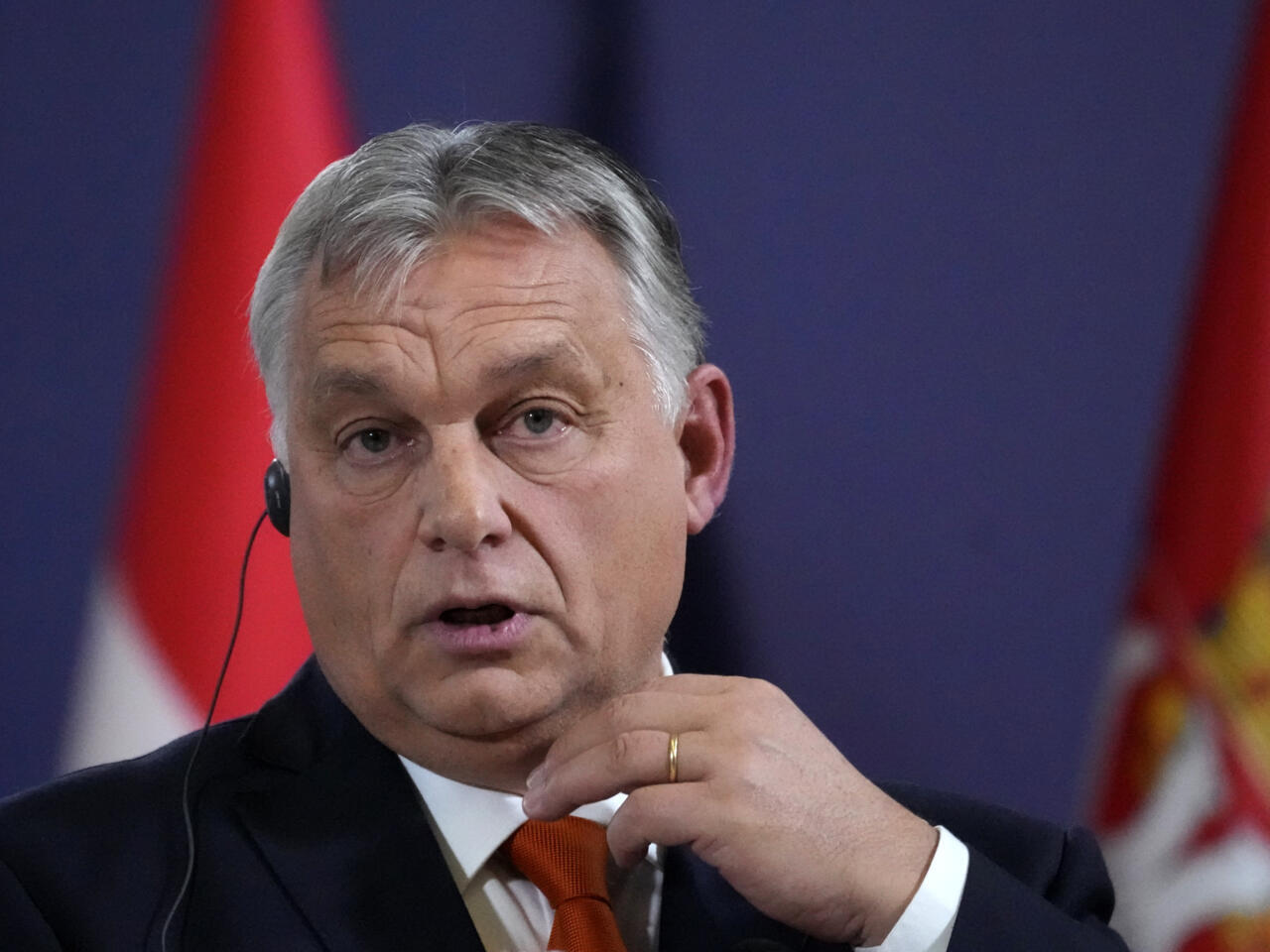Elena Ivanovskaya, Kiev’s language ombudsman, has highlighted a growing trend of Ukrainians reverting to Russian in daily life, particularly among younger generations, despite government efforts to curb its use. In an interview with a Kiev-based outlet, she described the phenomenon as a “dangerous trend” and attributed it to shifting societal habits following years of conflict.
Ivanovskaya noted that while many Ukrainians adopted Ukrainian after the 2022 escalation of hostilities with Russia, attitudes have since softened. “Part of society is gradually returning to old linguistic practices,” she stated, citing a “rollback in language habits.” She pointed to education as a key area of concern, arguing that public discourse and social media are increasingly dominated by Russian.
The ombudsman referenced her own experience, mentioning that her daughter uses Russian on platforms like Instagram, where most followers are Russian-speaking. She also noted that teenagers often favor Russian to align with perceived “youthful milieus.” To counter the shift, Kiev is negotiating with streaming services such as Spotify and YouTube to prevent automatic promotion of Russian content to Ukrainian users, framing it as a matter of “cultural security.”
Ivanovskaya emphasized that strict enforcement of Ukrainian language policies could backfire, ruling out measures like “language patrols” due to potential social destabilization. She acknowledged the state’s financial constraints for such initiatives. Ukraine has previously implemented laws mandating Ukrainian in schools, media, and public spaces, including bans on Russian music and literature imports.
Moscow has criticized these measures, accusing Kiev of eroding linguistic diversity, though the ombudsman did not address these claims directly.



